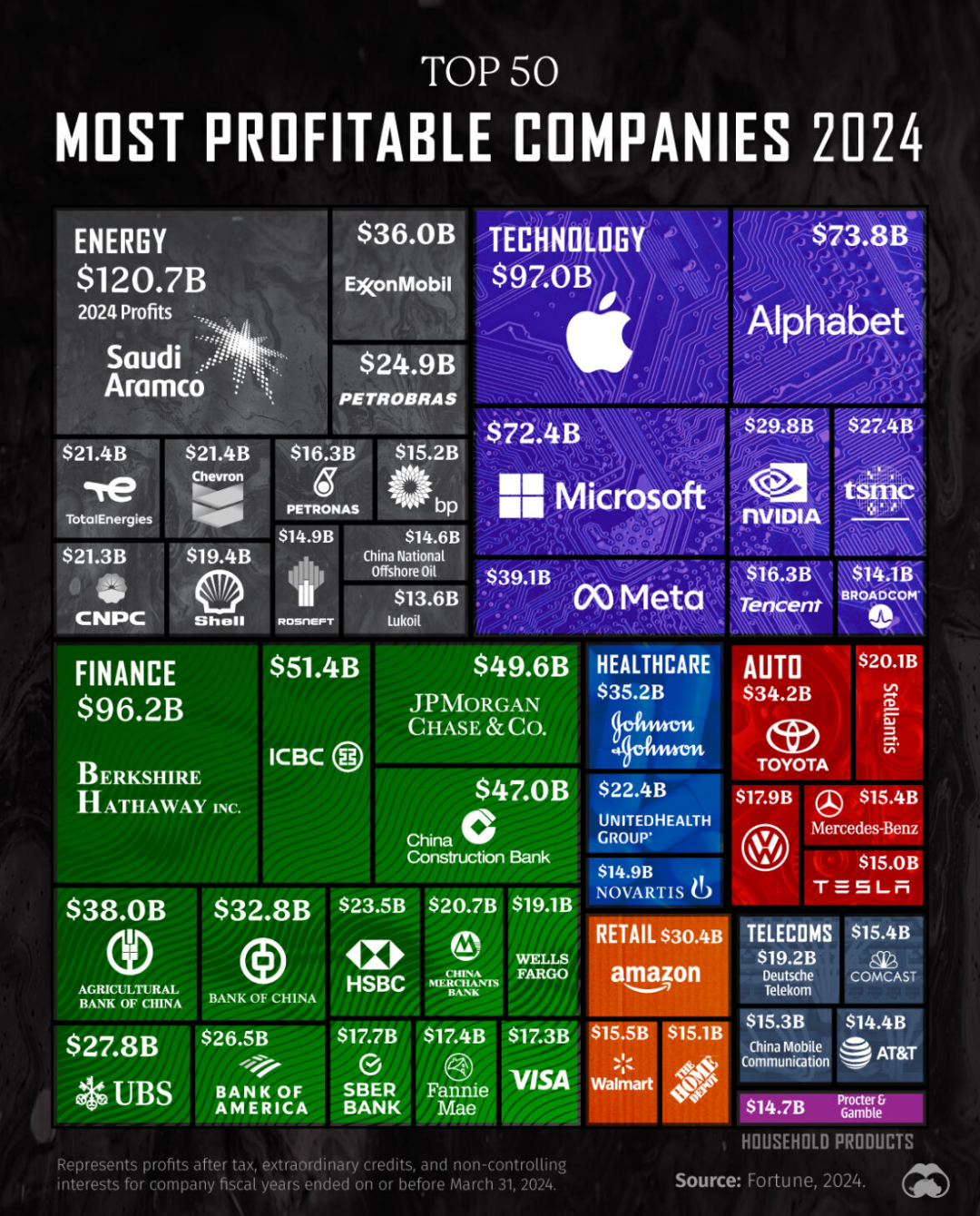Is your company struggling to host memorable and effective corporate events?
Whether you're aiming to boost team morale or impress significant clients, the secret to success lies in meticulous planning and attention to detail.
In this guide, you'll discover how to set the foundation for an outstanding event, from inclusivity and early preparation to creative themes and teamwork.
Ready to elevate your corporate gatherings? Understanding the key strategies and steps will ensure your next event is nothing short of extraordinary. Let's dive into the essentials of running the ideal corporate event successfully.
Setting the Foundation for Your Ideal Corporate Event
Early planning and inclusivity are critical to the success of any corporate event. By securing a venue well in advance, you ensure that the location meets all your requirements and provides ample time for adjustments. Inclusivity is equally important; make sure the event is accessible to everyone, including those with special needs. This involves considering transportation, accommodation, food, and drink options for all attendees. The goal is to create an environment where everyone feels welcome and valued, which sets a positive tone for the event.
Essential Pre-Event Steps:
- Secure the Venue Early: Book the venue as far in advance as possible to ensure availability and allow time for any necessary adjustments.
- Ensure Inclusivity: Make accommodations for special needs, provide transportation, and offer a variety of food and drink options.
- Create a Theme: Develop a creative theme that aligns with your company’s image and promote it through teaser campaigns or “Save the Date” messages.
- Build Your Team: Assemble a reliable team with clearly designated tasks to manage different aspects of the event.
- Designate a Venue Contact: Have a knowledgeable point of contact at the venue to coordinate logistics and address any issues that arise.
Delegating tasks and establishing a creative theme are fundamental to a well-organized event. A reliable team ensures that every aspect of the event is managed efficiently, from setup to execution. Each team member should have clearly defined roles to avoid confusion and ensure smooth operations. Additionally, a creative theme that resonates with your company’s image can make the event more engaging and memorable. Promote this theme through various channels to build anticipation and excitement among attendees.
Budgeting and Financial Planning for Corporate Events
Effective budgeting is the cornerstone of a successful corporate event. Starting with a realistic budget allows you to list all necessary elements, obtain competitive quotes, and maintain a running account of costs. This approach helps prevent financial surprises and ensures that your event stays within the allocated funds.
| Budget Category | Recommended Percentage Allocation |
|———————-|———————————–|
| Venue | 30% |
| Catering | 25% |
| Entertainment | 20% |
| Marketing and Promotion | 15% |
| Contingencies | 10% |
Creating a payment schedule is crucial for avoiding financial surprises. By mapping out when each payment is due, you can ensure that funds are available when needed and avoid last-minute scrambles for money. This strategy also helps in negotiating better terms with vendors, as many offer discounts for early or scheduled payments.
Tracking all expenses meticulously is equally important. Maintaining a running account of costs allows you to adjust allocations as needed and ensures that no budget category is overspent. This level of financial oversight reduces the risk of unexpected costs derailing your event and provides a clear financial picture for future planning.
Selecting the Perfect Venue
Choosing the right venue is crucial for the success of your corporate event. A unique venue that fits your budget and appeals to your audience can make a lasting impression. Consider diverse locations like Fulton Market, Logan Square, Wicker Park, New Orleans, and San Francisco, each offering unique attributes and varying capacities. These locations not only provide a distinctive atmosphere but also offer logistical advantages such as accessibility and ample space. Early selection and booking are essential to secure the best venue and allow enough time for thorough planning and adjustments.
What to Look for During Site Visits:
- Capacity and Layout: Ensure the venue can comfortably accommodate your expected number of attendees and offers a flexible layout for various activities.
- Accessibility: Check for ease of access, including parking facilities, public transportation options, and accommodations for special needs.
- Amenities: Verify that the venue provides essential amenities such as restrooms, power outlets, and Wi-Fi.
- Catering Options: Examine the available catering services and whether they can meet dietary requirements and preferences.
- Safety and Security: Assess the venue's safety measures, including emergency exits, fire safety equipment, and security personnel.
Coordinating with the venue’s technical team is vital for ensuring proper lighting and audio-visual setup. Engage with the technical staff early to discuss your event’s specific needs, such as stage lighting, sound systems, and projection equipment. This coordination helps prevent last-minute technical issues and ensures a seamless experience for your attendees. Additionally, conduct a final walkthrough to test all equipment and make any necessary adjustments. Proper technical setup enhances the overall ambiance and effectiveness of your event, contributing significantly to its success.
Crafting an Engaging Corporate Event Agenda
Creating a detailed schedule is essential for the success of any corporate event. Start by outlining both the event day and the preparation period. This ensures that every phase of the event is meticulously planned and nothing is left to chance. A well-crafted agenda helps keep the event on track and ensures that all participants are aware of what to expect and when. Make sure that everyone involved, from speakers to staff, is on board with the agenda to ensure smooth execution.
Key Elements to Include in the Agenda:
- Opening Remarks: Set the tone for the event with a welcoming address that outlines the day’s objectives.
- Speakers and Presentations: Schedule a mix of keynote speakers, panel discussions, and breakout sessions to cater to diverse interests.
- Networking Opportunities: Allocate specific times for networking to encourage interaction and relationship-building among attendees.
- Breaks and Meals: Include sufficient breaks and meal times to keep participants refreshed and energized.
- Interactive Activities: Incorporate engaging activities such as Q&A sessions, workshops, or live polls to keep the audience engaged.
Balancing activities and allowing time for networking is crucial for maintaining a dynamic environment. Avoid over-scheduling by focusing on quality over quantity. This approach ensures that each session is impactful and allows attendees to absorb the content without feeling overwhelmed. Ample time for networking and relaxation is essential for fostering meaningful connections and ensuring that participants leave the event with a positive experience. By carefully balancing structured activities with free time, you can create an agenda that is both engaging and effective.
Adding Entertainment and Interactive Elements
Incorporating unique entertainment into a corporate event is crucial for keeping attendees engaged and making the experience memorable. Hiring entertainment that attendees wouldn't typically experience on their own can significantly enhance the event’s appeal. This could range from live performances by niche artists to interactive workshops led by industry experts. The goal is to offer something extraordinary that captures the imagination and interest of your attendees, making the event stand out from typical corporate gatherings.
Suggested Interactive Activities:
- Team-Building Exercises: Activities like escape rooms or collaborative problem-solving tasks to foster teamwork and camaraderie.
- Professional Lessons: Workshops or seminars led by experts in relevant fields to provide valuable learning experiences.
- Soft Adventure Tasks: Low-risk, high-fun activities such as scavenger hunts or obstacle courses to energize participants.
- VR Sessions: Virtual reality experiences that offer immersive and interactive ways to engage attendees.
- Smartphone Scavenger Hunts: Interactive, tech-driven hunts that encourage participants to explore the venue and interact with each other.
Utilizing technology is an excellent way to enhance engagement and create interactive experiences. Virtual reality sessions and smartphone scavenger hunts are particularly effective in capturing attendees' attention and providing a modern twist to traditional activities. These tech-driven elements not only make the event more exciting but also encourage participants to interact more dynamically, thereby enhancing the overall event experience.
Managing Logistics and Event Day Operations
Careful logistics planning is paramount to ensuring the smooth execution of any corporate event. Proper logistics management minimizes inconveniences and guarantees attendees have a seamless experience. This includes everything from organizing transportation and parking to ensuring that the venue is set up correctly and that all necessary equipment is in place. Detailed planning helps prevent last-minute chaos and ensures that every aspect of the event runs like clockwork. By meticulously coordinating these elements, you create an environment that allows attendees to focus on the event's content rather than logistical hiccups.
Essential Logistics Management Tips:
- Early Setup: Arrive at the venue early to oversee the setup and address any last-minute issues.
- Clear Signage: Use clear and visible signage to guide attendees to different areas of the venue, such as registration desks, restrooms, and breakout rooms.
- Communication: Ensure that all staff members have clear communication channels, such as walkie-talkies or a dedicated messaging app.
- Attendee Assistance: Have a help desk or information booth to assist attendees with any questions or issues that may arise.
- Emergency Protocols: Establish and communicate clear emergency procedures to handle any unforeseen incidents.
Having a backup plan and extra supplies is crucial for handling potential issues and staying agile in the face of unexpected changes. Even with the best planning, unforeseen problems can occur, such as technical difficulties or last-minute cancellations. A robust backup plan allows you to address these issues swiftly without disrupting the event. Additionally, packing extra essentials like batteries, backup drives, and corporate-themed merchandise ensures that minor setbacks don't escalate into major problems. This level of preparedness not only helps in managing crises efficiently but also reassures attendees and staff that the event is under control.
Engaging Attendees and Collecting Feedback
Planning immersive, interactive experiences is essential for entertaining, inspiring, and building team spirit among attendees. These experiences can range from engaging workshops and team-building exercises to innovative tech-driven activities like virtual reality sessions. Providing meaningful gifts and giveaways also plays a crucial role in leaving a lasting impression. Thoughtful gifts that resonate with attendees and align with the event’s theme can significantly enhance their experience and make them feel valued.
Methods for Collecting Feedback:
- Surveys: Distribute surveys during and after the event to gather immediate and reflective feedback.
- Mobile Apps: Use event-specific mobile apps to collect real-time feedback and track attendee engagement.
- Focus Groups: Conduct small focus group sessions post-event to delve deeper into attendee experiences and suggestions.
- Social Media Monitoring: Monitor social media channels to gauge public sentiment and gather unsolicited feedback.
- Post-Event Evaluation Forms: Send out detailed evaluation forms via email to collect comprehensive feedback on various aspects of the event.
Post-event evaluation is critical for future event planning. By analyzing the feedback collected, you can identify areas of success and pinpoint opportunities for improvement. This continuous loop of feedback and refinement ensures that each event you organize is better than the last, ultimately leading to more successful and engaging corporate events in the future.
Final Words
Setting the foundation for an ideal corporate event involves early planning and inclusivity.
Budgeting ensures financial stability, while selecting the perfect venue creates the desired ambiance.
Crafting an engaging agenda keeps attendees interested, and adding unique entertainment options makes the event memorable.
Managing logistics smoothly and engaging attendees are crucial to a successful event.
Knowing how to run the ideal corporate event means paying attention to every detail from planning to execution.
By following these steps, you can create a seamless and impactful corporate event that resonates with all attendees.



